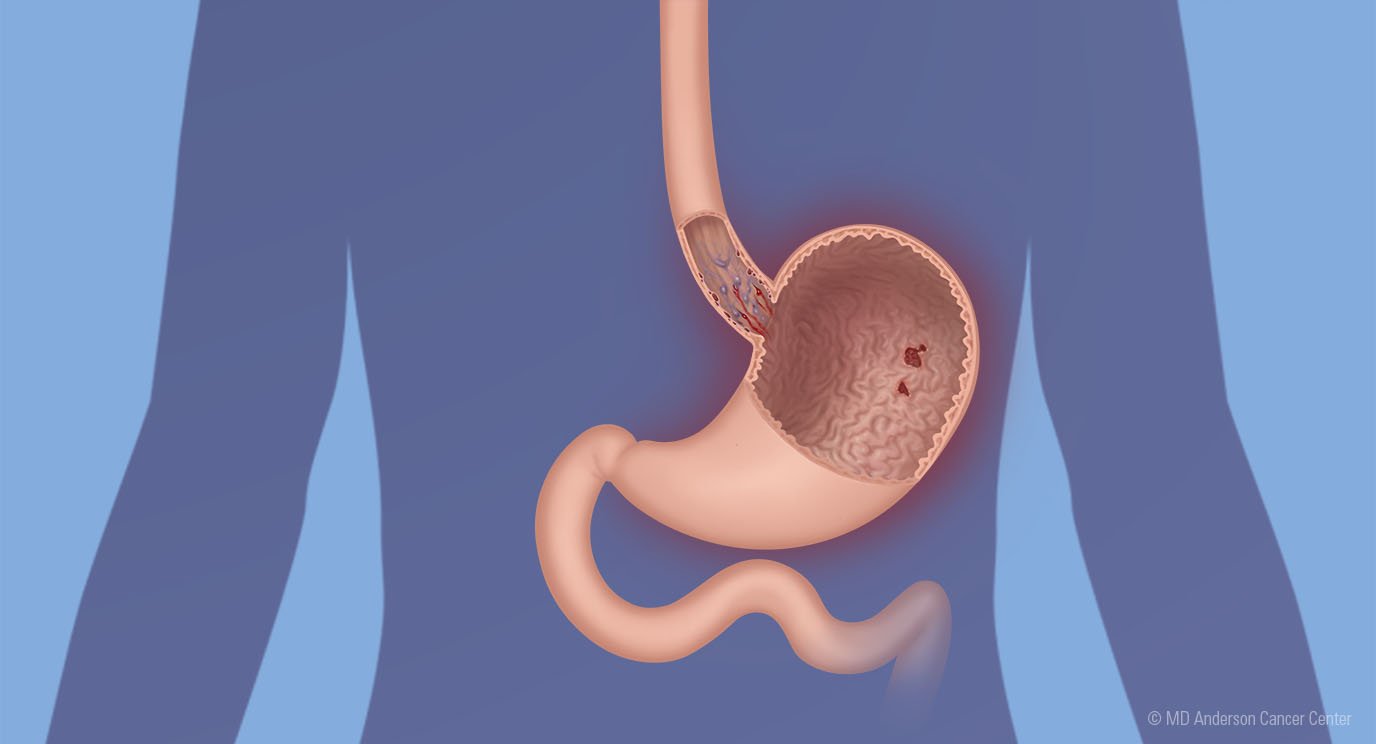- Diseases
- Acoustic Neuroma (14)
- Adrenal Gland Tumor (24)
- Anal Cancer (66)
- Anemia (2)
- Appendix Cancer (16)
- Bile Duct Cancer (26)
- Bladder Cancer (68)
- Brain Metastases (28)
- Brain Tumor (230)
- Breast Cancer (718)
- Breast Implant-Associated Anaplastic Large Cell Lymphoma (2)
- Cancer of Unknown Primary (4)
- Carcinoid Tumor (8)
- Cervical Cancer (154)
- Colon Cancer (164)
- Colorectal Cancer (110)
- Endocrine Tumor (4)
- Esophageal Cancer (42)
- Eye Cancer (36)
- Fallopian Tube Cancer (6)
- Germ Cell Tumor (4)
- Gestational Trophoblastic Disease (2)
- Head and Neck Cancer (6)
- Kidney Cancer (124)
- Leukemia (344)
- Liver Cancer (50)
- Lung Cancer (288)
- Lymphoma (284)
- Mesothelioma (14)
- Metastasis (30)
- Multiple Myeloma (98)
- Myelodysplastic Syndrome (60)
- Myeloproliferative Neoplasm (4)
- Neuroendocrine Tumors (16)
- Oral Cancer (100)
- Ovarian Cancer (170)
- Pancreatic Cancer (164)
- Parathyroid Disease (2)
- Penile Cancer (14)
- Pituitary Tumor (6)
- Prostate Cancer (144)
- Rectal Cancer (58)
- Renal Medullary Carcinoma (6)
- Salivary Gland Cancer (14)
- Sarcoma (236)
- Skin Cancer (296)
- Skull Base Tumors (56)
- Spinal Tumor (12)
- Stomach Cancer (60)
- Testicular Cancer (28)
- Throat Cancer (90)
- Thymoma (6)
- Thyroid Cancer (98)
- Tonsil Cancer (30)
- Uterine Cancer (78)
- Vaginal Cancer (14)
- Vulvar Cancer (18)
- Cancer Topic
- Adolescent and Young Adult Cancer Issues (20)
- Advance Care Planning (10)
- Biostatistics (2)
- Blood Donation (18)
- Bone Health (8)
- COVID-19 (362)
- Cancer Recurrence (120)
- Childhood Cancer Issues (120)
- Clinical Trials (628)
- Complementary Integrative Medicine (24)
- Cytogenetics (2)
- DNA Methylation (4)
- Diagnosis (230)
- Epigenetics (6)
- Fertility (64)
- Follow-up Guidelines (2)
- Health Disparities (14)
- Hereditary Cancer Syndromes (124)
- Immunology (18)
- Li-Fraumeni Syndrome (8)
- Mental Health (118)
- Molecular Diagnostics (8)
- Pain Management (62)
- Palliative Care (8)
- Pathology (10)
- Physical Therapy (18)
- Pregnancy (18)
- Prevention (898)
- Research (392)
- Second Opinion (74)
- Sexuality (16)
- Side Effects (604)
- Sleep Disorders (10)
- Stem Cell Transplantation Cellular Therapy (216)
- Support (404)
- Survivorship (322)
- Symptoms (184)
- Treatment (1776)
Pancreatic cancer surgeon: Individualized treatment makes the difference
3 minute read | Published September 12, 2018
Medically Reviewed | Last reviewed by an MD Anderson Cancer Center medical professional on September 12, 2018
At MD Anderson, we don’t just practice medicine by the textbook — we are the ones writing those textbooks. That’s why it’s so important for people with pancreatic cancer to come to a place like MD Anderson for treatment.
Because the best chance someone has to beat cancer is their first chance. And MD Anderson doctors are doing really incredible things.
Earlier pancreatic cancer diagnosis makes a difference
Pancreatic cancer is difficult to diagnose early. Symptoms include jaundice, weight loss, fatigue, and abdominal pain. But all of those can be signs of other diseases, too.
The good news is that we have better imaging techniques now than we used to. And we are actively developing blood tests so we can detect pancreatic cancer earlier. That can lead to more successful treatment, because the sooner we catch cancer, the greater the number of options we have to treat it — and the better the chance we have to cure it.
Advances in pancreatic cancer treatment
Pancreatic cancer has historically been resistant to standard treatments, such as chemotherapy and radiation therapy. But we have stronger therapies today than we did in the past, and we have a better understanding of when these treatments should be used to their greatest effect. On their own, these therapies can prolong patients’ lives and improve their quality of life. But when combined with surgery, these treatments may even result in a cure.
Surgery is often considered difficult or even impossible with pancreatic cancer, because that organ is surrounded by so many important blood vessels. MD Anderson surgeons routinely remove and reroute critical blood vessels to allow removal of tumors that may be unremovable elsewhere.
Through clinical trials, MD Anderson doctors are also investigating new chemotherapy, targeted therapy, radiation therapy and immunotherapy combinations, to be administered before and after surgery, that can make our operations more effective.
Patients do best when they’re treated by a surgeon who does 20 or more pancreatic cancer procedures a year. MD Anderson surgeons do 50 to 100. These are just some of the reasons our operations tend to be so successful.
Data and individuality mean more effective pancreatic cancer treatment
Data is everything to us here at MD Anderson. But the data we use to generate treatment plans for our patients are not just limited to the results of some lab tests. We don’t treat patients with a playbook.
Our physicians develop individual treatment plans that are specific to each patient’s exact type and stage of disease, but also consider their goals, lifestyle, access to health care at home, financial situation, availability of caregivers and other factors. We look at the whole person. Because individualized care is the key to successful outcomes.
As a result, we are now treating and curing pancreatic cancers often considered untreatable or incurable. Our patients with pancreatic cancer are living much longer now than they did 20 years ago. So, there’s lots of hope.
And that’s why I’m here. It’s why we’re all here.
Matthew H.G. Katz, M.D., is chief of pancreatic surgery at MD Anderson.
Request an appointment at MD Anderson online or by calling 1-855-824-3231.
Related Cancerwise Stories

The best chance someone has to beat cancer is their first chance.
Matthew H.G. Katz, M.D.
Physician





